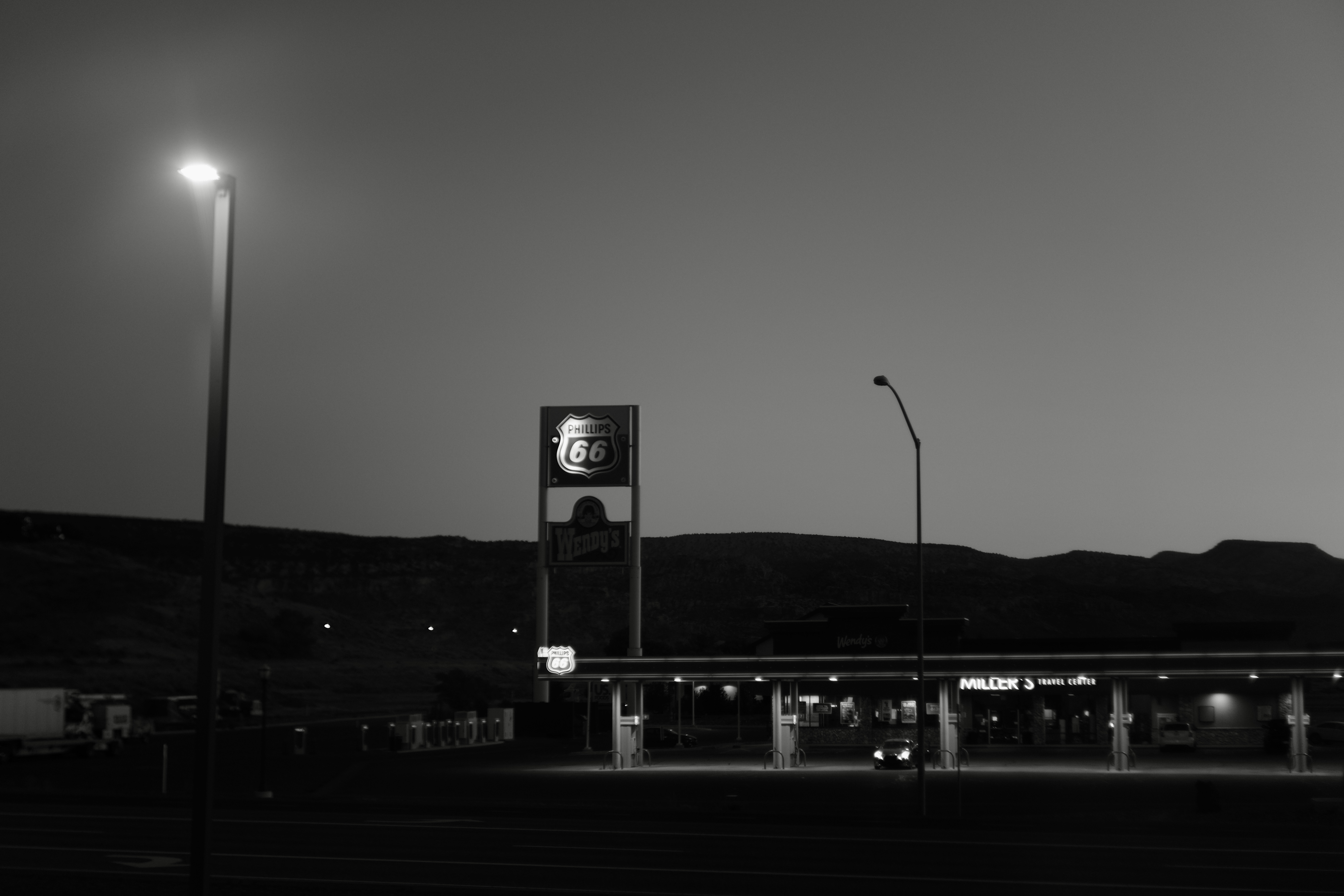Dawn Patrol 8.16.25


You may not think it when you look up in the night sky these days, but just recently the night sky has descended into chaos.
It all started with the James Webb telescope. A telescope that is currently floating in a perfect balance between earth's gravity and the sun's gravity peering out into the universe and giving it a definition that we've never seen before. It was a pretty long to-do list for this delicate and expensive device.
Every astrophysicist and cosmologist in the world has taken a number and waiting to get data back on their favorite pet project. One of the things they were hoping the web was going to solve was something called the Hubble Tension.
There's two different methods to measuring how the universe is expanding. There's measuring the cosmic microwave background or getting out the equivalent of a cosmological tape measure and using supernova as standard candles. These two methods are very precise, but they also for some reason don't match up.
Imagine measuring the length of a room. You measure it by feet and then measure it by meters, and for some reason when you measure it by feet, it's a bigger room. Apply that same idea to the entire universe and you've got the Hubble tension
and so everyone was hoping that the web telescope was going to get up there, drifting out in the nothingness, just inside our gravitational pole, and authoritatively say which method was getting it right.
What it found is that currently. No one is right
according to the web telescope, the universe is not expanding at the even rate that everyone thought.
In fact, the universe is expanding at all sorts of different speeds depending on where you look. And according to all available means of measurement, it's definitely not supposed to do that. In astrophysical journal letters, the lead study author Adam Rice, a professor of physics and astronomy at Johns Hopkins, stated with measurement errors negated what remains is the real and exciting possibility.
We have misunderstood the universe
only in the realm of astrophysics. Can it be exciting that you've been wrong this whole time?
So that chaos that I was talking about before, that chaos that you're definitely not feeling, that is the chaos of all of the scientists of Earth, at least all of the scientists who make their job of looking up and knowing what things are, are now looking up and saying, what is this thing?
Now you and I say this to ourselves all the time. Right now I'm sitting here at my dining room table at four in the morning with a microphone plugged into my laptop, and that turns into sound that you are getting in your headphones right now. I don't know how this thing works. That's okay though, because someone else does.
But when it comes to maybe the biggest question that you can possibly ask, what is the universe? It turns out people have no idea if it began with a big bang. It should act that way. It is not,
some ideas are so confounding. That it knocks us right back to the Stone Age. A gigantic telescope floating in space takes a deep look into the heart of everything, and suddenly we know nothing at all. Suddenly we're cavemen again, looking up, wondering What the hell all this is
chaos.
Here's the thing. Decades of study on one of the biggest questions possible was suddenly and dramatically swept off the table and went crashing to the ground, and I didn't feel a thing. Did you?
Big ideas affect us. There's a tidal wave heading for your city. You're going to feel that Godzilla is attacking that's going to affect you, but some ideas are so big that you hardly even feel them. Our microscopic lives in comparison to the universe does grant us a certain amount of immunity from the universe.
Think about one of the crazier ideas, the holographic theory, the idea that the universe is actually a holographic projection from a 2D plane and everything is actually an illusion. If it was discovered that the holographic universe was an actual thing, well, you're still going to need coffee in the morning.
Sun is still going to come up and you're still going to need to go to work, even if it's all a hologram. Let's go. Even crazier Hindu mythology. The earth is supported by four elephants standing on the back of a turtle. Let's say it was proven that that was the case. What are you doing about it? Really?
Your mom is still going to call you needing help logging into Netflix, your cat will still be inexplicably obsessed with that one corner of the living room. Jokes will still be funny, even funnier maybe because damn, we're on top of elephants, on top of a turtle.
The smallness of our lives can be a blessing. Sometimes the questions with the most immensity can pass through us, like harmless apparitions. We are too small to be affected by the world supporting elephants
unless we let them. Unless we let that enormity distract us from the person right in front of us, the laundry piling up, the plants on the balcony that need to be watered. How can you possibly go to work in the morning if cosmologists don't know half as the universe is expanding? That's how my brain works, of course, always looking for a problem.
A few posts ago I was talking about the book of sand. The Boria story about a book with infinite pages and infinite knowledge and how that endlessness can suck you in and steal you away from the world.
The protagonist finally frees himself from the book and returns it to the library.
Now I imagine after he finally rid himself of the book, he was able to catch up on emails. What are the plants? Take out the trash. Maybe do a full play through of Skyrim. Again, it never gets old.
Congratulations on your tiny life.
It's protecting you from so much.